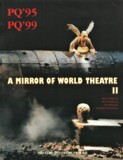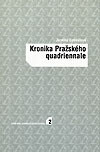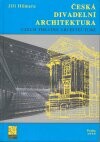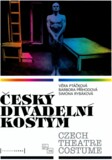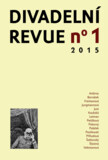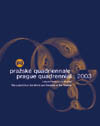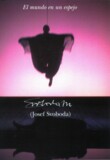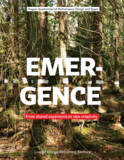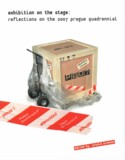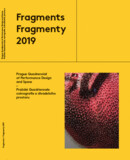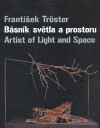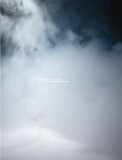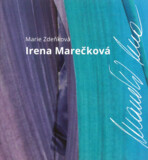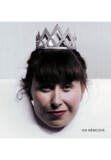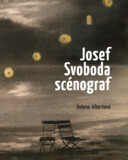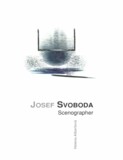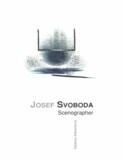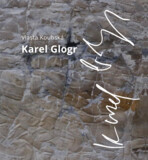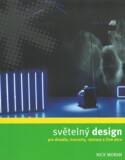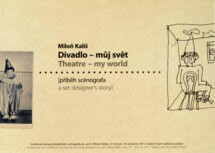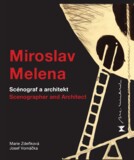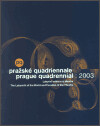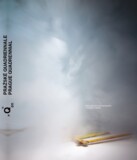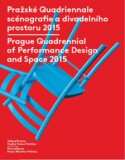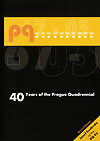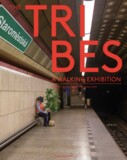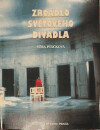The monograph traces the scenographic work of the Czech stage designer and architect Josef Svoboda (1920-2002) from his first amateur attempts in his hometown of Čáslav to his last production in 2002. It seeks to record his most important achievements at the Grand Opera on May 5 in Prague, the overcoming of socialist realism at the National Theatre in Prague, the great era with Alfréd Radok and Otomar Krejča at the same theatre, the birth, successes and fate of Laterna Magika, his entry onto the world stage of opera and ballet, and his work with major world directors in the drama. In the case of Josef Svoboda, it is not enough to list and describe his productions; his discoveries in the field of new theatre technologies were also an integral part of his work and world fame. The expansion of his "scenographic alphabet", as he called the arsenal of means that modern theatre can use in scenography, became his lifelong obsession. The chapter on his unrealised theatre building projects should serve to get to know Svoboda the architect. An important part and innovation of this monograph is a complete inventory of his work, accompanied, as far as possible, by a small informative picture for each entry.

